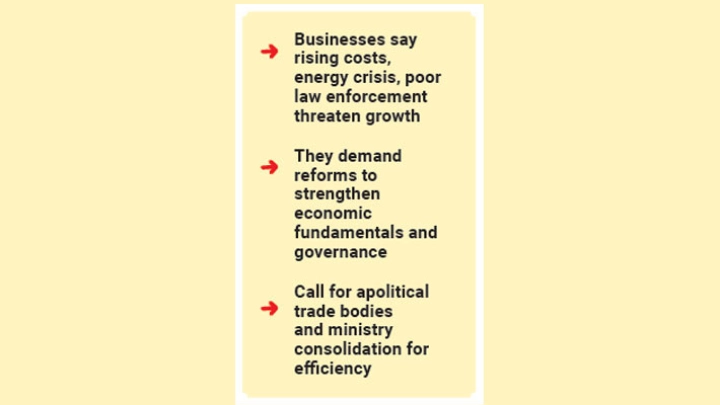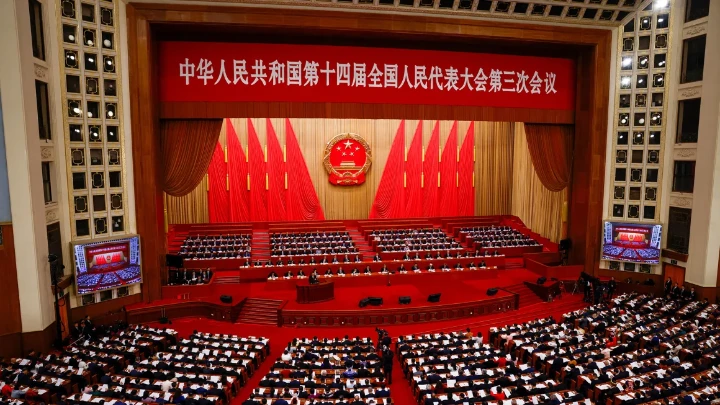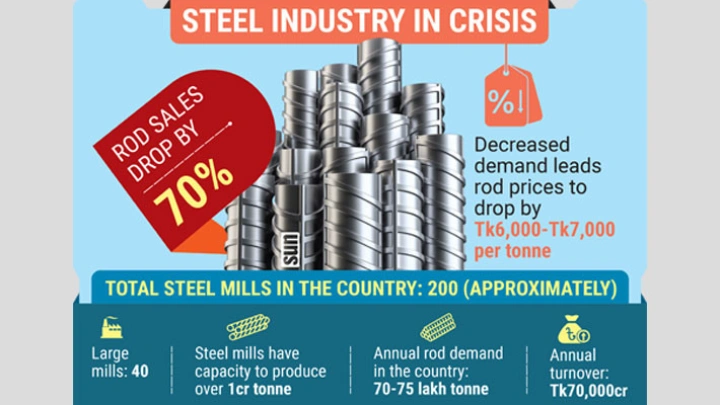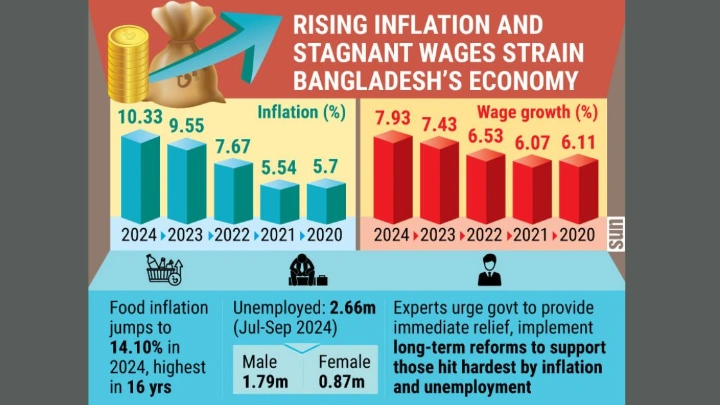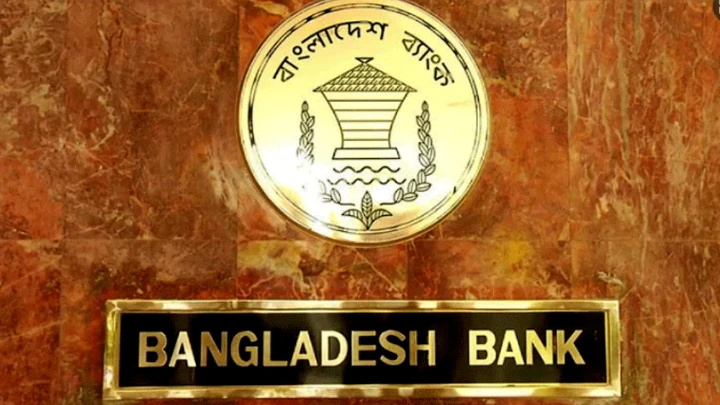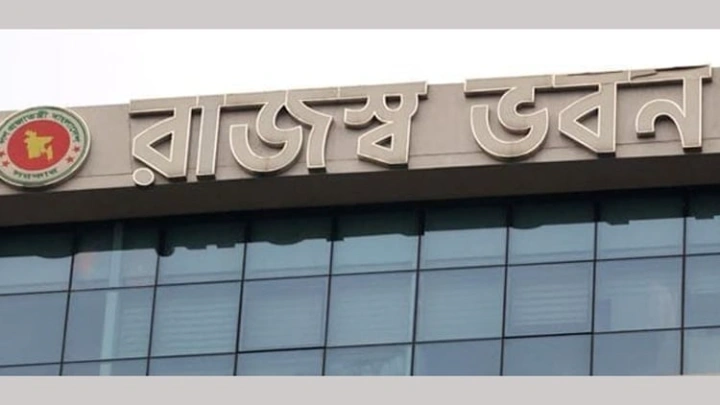Ensure energy security, fix law and order to fuel growth
DailySun || Shining BD
Bangladesh’s private sector is battling mounting crises, including rising costs, inadequate energy supplies, poor law enforcement, and an uncertain economic situation, business leaders said on Saturday, calling on the interim government to urgently address these pressing issues to safeguard the country’s economic future.
Speaking at the “Private Sector Outlook: Expectations and Priorities” conference, organised by the Dhaka Chamber of Commerce and Industry (DCCI) in the capital, they issued a clarion call for sweeping reforms to strengthen economic fundamentals, improve governance, and ensure sustainable industrial growth.
Speakers at the event also urged all trade bodies and associations to remain apolitical and focus solely on trade and investment. They emphasised merging overlapping ministries to enhance efficiency.
Additionally, they advocated for the automation and optimisation of revenue management, along with ensuring uninterrupted production in industries and factories.
Addressing the event, Commerce Adviser Sk Bashir Uddin stressed the importance of private sector collaboration with the government to improve law and order, expressing optimism that the situation would soon improve.
“There are multiple trade organisations for the same or similar products. I believe both ministries and trade organisations should be consolidated. However, expanding our trade in the international market, particularly during the post-LDC transition period, requires an increase in capacity,” said Sk Bashir Uddin, who is also the Managing Director of AkijBashir Group.
He further emphasised the need for a series of dialogues to determine the most logical timeline for LDC graduation while acknowledging that the graduation is inevitable. “After graduation, we will lose several incentives and advantages,” he noted.
Sk Bashir Uddin highlighted the importance of trade liberalisation and supportive policies for business sub-sectors. He added that improving the quality of life for citizens would require increased government spending, which in turn depends on enhanced tax collection.
“We need to be competitive to expand business. Improving connectivity is crucial as well. The WTO envisions Bangladesh as a special model among South Asian countries,” he stated.
Foreign Investors’ Chamber of Commerce and Industry (FICCI) President Zaved Akhtar remarked that credibility, policy consistency, and competence are essential for attracting foreign direct investment (FDI).
Ahsan Khan Chowdhury, managing director and CEO of PRAN RFL, noted, “If the law and order situation improves, businesses will thrive. Production and employment will face disruptions if letters of credit (LCs) are not opened according to business requirements.”
He also stressed the importance of leveraging technology for agricultural development, proposed the issuance of partial bonds, and called for interest rate reductions to address prevailing economic challenges.
DCCI President Ashraf Ahmed highlighted the need to reduce government expenditure, enhance market management, and increase law enforcement vigilance to curb extortion in goods management. He also recommended gradually reducing the policy interest rate at the beginning of next year to control inflation.
To stabilise the currency market, he suggested keeping the exchange rate of the US dollar aligned with the prevailing market rate.
Ashraf Ahmed further advocated for easy access to low-cost credit for CMSMEs, effective automation of business registration and renewal processes, and comprehensive customs system reforms to streamline business operations.
“Uninterrupted gas and electricity supply to industries and factories is essential for maintaining competitiveness in the international market. Without improvements in law and order, conducting business activities will become increasingly difficult,” he warned.
BKMEA President Mohammad Hatem called for a zero-tolerance policy by the government to improve law and order in industrial areas.
He also proposed deferring the country’s LDC graduation, arguing that businesses are currently in a survival phase.
“The LDC graduation target was set based on misleading data. Without adequate gas supply, industries cannot produce fabrics,” he said.
Selim RF Hossain, president of the Association of Bankers, Bangladesh (ABB), criticised the government’s lack of effective initiatives to improve law and order, while acknowledging its economic achievements.
“Contractionary monetary policy alone is insufficient to control inflation. Strict vigilance is needed in market management, including halting extortion in the supply chain. Additionally, more courts and judges should be appointed to resolve the financial sector’s litigation backlog,” he urged.
Abdul Muktadir, managing director and chairman of Incepta Pharmaceuticals Limited, pointed out the challenges posed by high import duty rates. “Small traders are facing significant difficulties due to these high rates,” he said.
Shining BD

